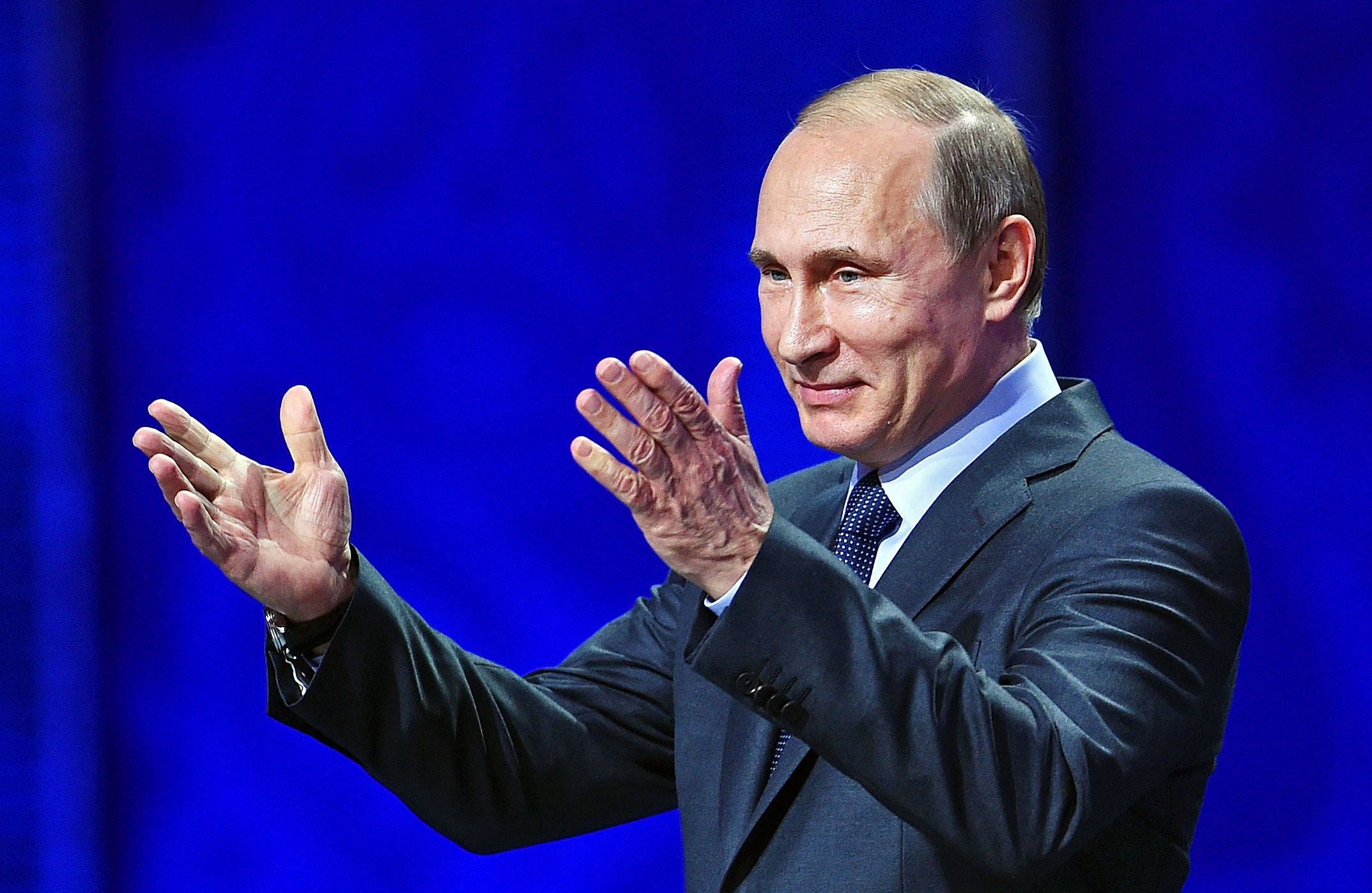Before they engaged in a devastating war, Nazi Germany and the Soviet Union were allies. Their totalitarian regimes were mirror images of each other. If any reminder of this was needed, the Russian foreign ministry just provided it by celebrating the Nazi-Soviet non-aggression pact. What the ministry did not mention was the secret protocol of the Molotov-Ribbentrop pact, envisaging the occupation of Poland by both the USSR and Germany. The agreement reflected Germany’s conviction that it was destined to control a large part of Europe — Grossraum — just as Russia today sees itself destined to rule over ‘Eurasia’.
This is the context in which the assassination of Dasha Dugina is to be understood. Contrary to some Western commentators, Dugin is not Putin’s brain, but his popularisation of Carl Schmitt and his Grossraum theory go a long way explaining the mindset of the Russian ruling elites. Yet, just as Schmitt did not quite become the uncontested “crown jurist of Nazi Germany”, Dugin is not the sole architect of Vladimir Putin’s Eurasian Union.
For both Schmitt and Dugin, politics is a deadly struggle between friend and enemy, best kept outside the borders. While the conflict between nations are inevitable, the internal unity of Russia must never be challenged. As Leonid Slutsky, the leader of the nationalist Liberal Democratic party of Russia put at Dugina’s funeral: ‘Regardless of our political parties, faith and age, there can be only one approach: one country, one president, one victory.’
This public assassination marks a turning point. It comes a few days after an exodus of Russian tourists from the Crimea, occupied since 2014. They both raise questions about Russia’s ability to protect its citizens. “No form of order, no reasonable legitimacy or legality can exist without protection and obedience”, wrote Carl Schmitt, to assert famously (leaning on Hobbes) that “the protego ergo obligo is the cogito ergo sum of the state”. Dugin would be well aware of this dictum. His support for Putin and its imperial ambitions is based on the idea that conflict is best kept outside of Russia. Destruction had to directed at those who are considered Russia’s enemies, not its friends. That’s why Ukrainians had to be ‘killed, killed, killed’, as Dugin infamously put it.
Thus, if Dugina’s murder came from within Russia, indicating internal conflicts between various factions of the ruling elites, Putin would have failed in heeding one of Schmitt’s key lessons. Putin’s regime has been based on the unspoken social contract that has had strong popular support. You stay out of politics, and in return you can enjoy security, stability and maybe even a degree of prosperity. If, on the other hand, the assassins truly had some connections to Ukraine, as Russian authorities claim, their inability to prevent the murder exposes their weakness. This could seriously undermine the regime’s legitimacy.
Paradoxically then, a Putin incapable of ensuring basic safety would be the one to fear the most. What is to be expected is a further escalation directed both against the regime’s internal opponents as well as against Ukraine.










Join the discussion
Join like minded readers that support our journalism by becoming a paid subscriber
To join the discussion in the comments, become a paid subscriber.
Join like minded readers that support our journalism, read unlimited articles and enjoy other subscriber-only benefits.
Subscribe